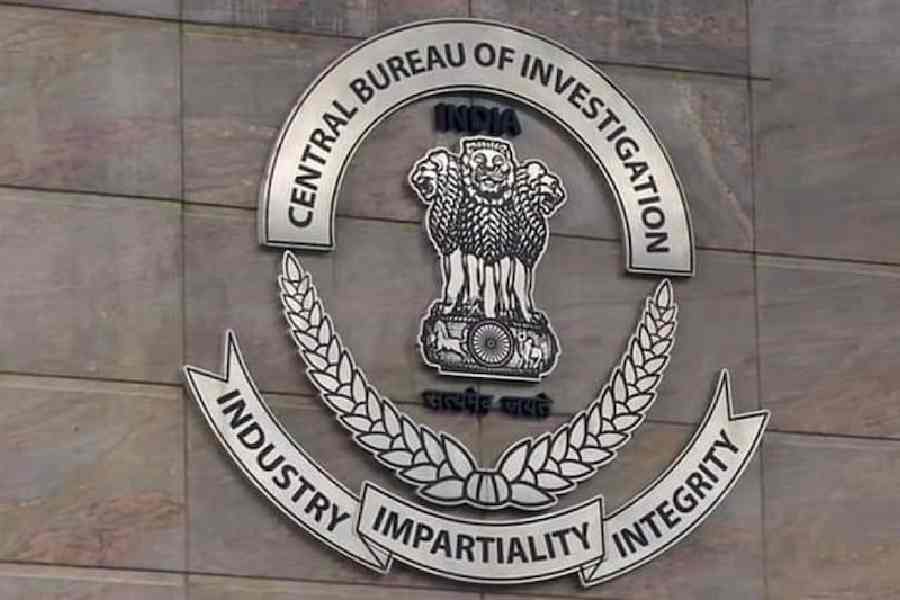
Since time immemorial, taxation has remained saddled with moral dilemmas. Explaining to someone why he/she must pay taxes is simple; developing a conviction in him/her for the same is daunting.
In 1996, the American economist, Richard Musgrave, coined the term, fiscal citizenship. Taxation is an essential constituent of the social contract between the State and its citizens. Being a citizen involves timely and accurate discharge of taxation liability, so that the State machinery can be duly empowered to carry out its developmental and regulatory obligations. The social contract applies to the government too: it must demonstrate the correlation between greater revenue collection and better public services that is often challenging.
In India, the role of the income tax department in bringing about greater equity and justice in society through progressive tax policies needs to be more widely understood. By its very nature, income tax is a progressive tax, and thus addresses social inequities. But more importantly, it is the ever-changing mandate of the department, from being primarily a revenue collector to an institution at the forefront of the crusade against corruption, black money, money laundering, benami property and tax evasion, that has started resonating with the public.
A crucial feature of the ITD that distinguishes it from its peers is that it is the only law enforcement agency in India which is also a service provider. Achieving continuous ameliorations in taxpayer services has become an obsessive pursuit. Such endeavours are aimed at reducing the cost of compliance for taxpayers, thus facilitating voluntary compliance. An enabling environment has been put in place for taxpayers through greater use of technology and focus on institution building. The Centralized Processing Centre in Bangalore has revolutionized tax administration. Almost everyone now files returns electronically and pays taxes online, the Refund Banker Scheme ensures timely and direct bank credit of refunds, PAN/TAN allotment has become seamless, ITR forms are being simplified through Sahaj, Aaykar Seva Kendras have spread to far-flung areas, tax return preparers have been hired for helping small taxpayers file their returns at a nominal cost, and the ITD has a comprehensive, user-friendly website. Computer Aided Scrutiny Selection selects cases for scrutiny through an algorithm-based application pre-fed with selection parameters, thus eliminating the discretion of an assessing officer to cherry-pick cases. This is the first year from which all scrutiny cases are going to be assessed electronically through e-proceedings, thus leading to faceless interaction with the officer. Online grievance redressal platforms such as E-Nivaran and CPGRAMS have ensured time-bound disposal of grievances.
A lot still needs to be done. Simplifying the complex Income Tax Act for stakeholders to comprehend, so that they need not rely on expensive tax practitioners, is crucial. The department is also taking baby steps in establishing greater positive contact with citizens through outreach programmes to reduce fear and mistrust amongst taxpayers with the hope of establishing a tax compliant society. Perhaps the biggest stumbling block for the ITD is the perception that the department fries the small fish while letting the big fish get away. In an age where perceptions make or mar reputations, the ITD must project itself as a neutral and apolitical institution.
A logical corollary of the qualitative leaps in taxpayer services has to be enhanced levels of voluntary compliance. If the moral argument does not seem persuasive, it is worth remembering that complying is in one's own self-interest as various government services, securing licenses, disbursement of loans, visa applications, consideration for awards/prizes and so on are becoming linked with tax returns. This is also the first year from which penalty will be imposed for delayed return filing. Besides, 'non-filing' and 'wilful attempts to evade tax' are prosecutable offences.
For the first time since Independence, the ITD is no longer playing catch-up. Besides, the use of big data analytics through Project Insight, profiling of taxpayers, social networking sites, demonetization data, information from intelligence and enforcement agencies and the Non-Filers Monitoring System are all powerful enforcement tools. 'Search and seizure operations' have become focused and potent. The noose is tightening around shell companies. Enforcement powers enshrined in the act, such as prosecution, prohibitory orders and look-out notice that prevent defaulters from leaving the country and permit arrest of defaulters and auction of property/assets are being increasingly resorted to as deterrents. Finally, the recently amended Benami Act provides stringent powers to the ITD to clamp down on the corrupt.
Revenue is the root of administration. For the foundation to be strong, achieving the right balance between treating taxpayers as clients and ensuring enforcement of the law is of paramount importance.










